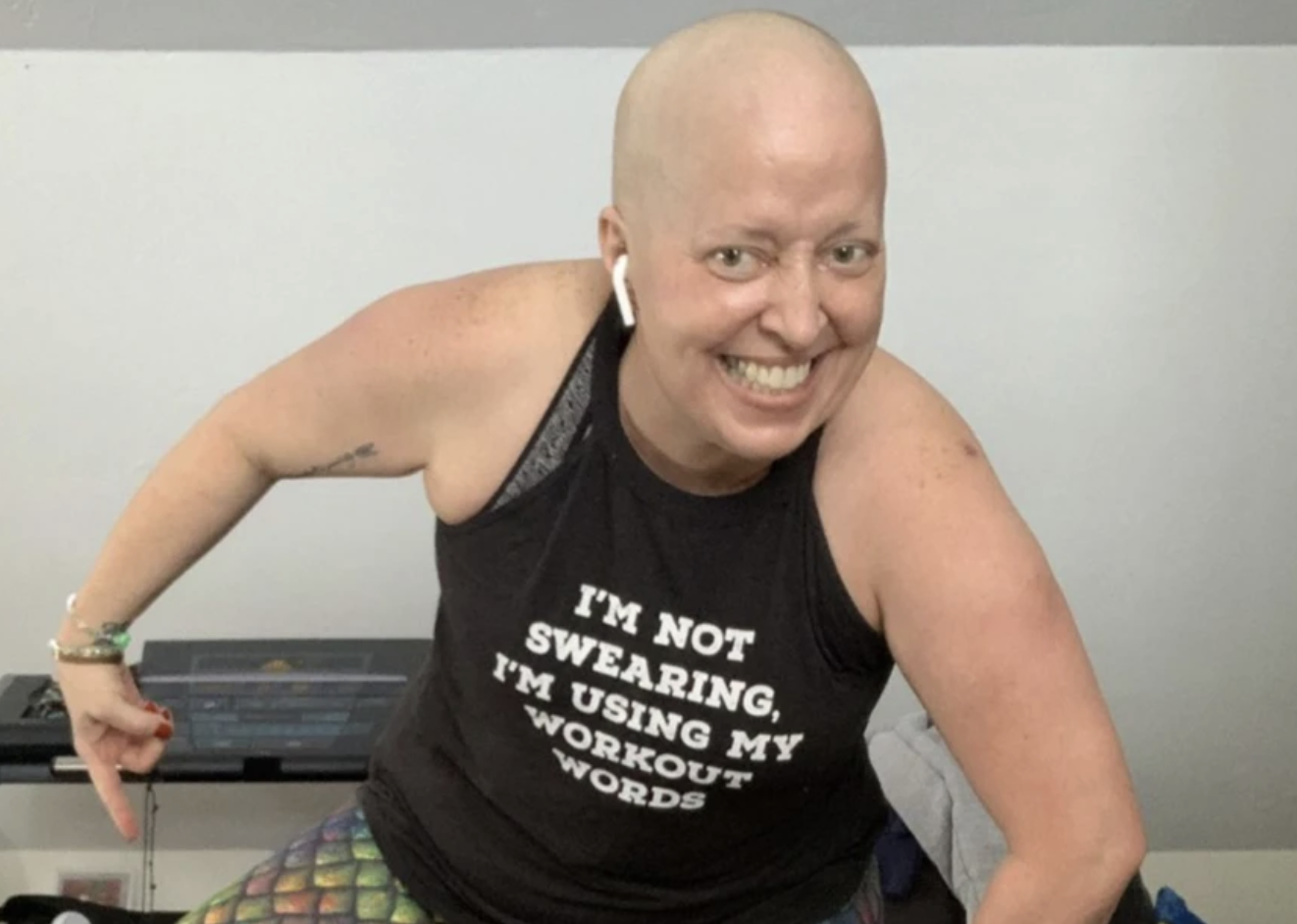INSIDER – Heidi Richard, a 47-year-old elementary school teacher in Worcester, Massachusetts, is a lifelong runner who’d always been healthy.
So she knew something was wrong in spring 2019 when she started experiencing severe stomach pains, vomiting, and night sweats.
At the doctor, though, she was told her symptoms were just stress or anxiety. She was given an antacid and sent on her way, she wrote for Today.com.
Richard’s pain and vomiting didn’t subside, and she unintentionally lost 30 pounds. “I was trying to eat, but I was just unable to — I was just getting so sick,” she wrote.
This time, doctors chalked it up to mono, despite testing negative for the infection. They told her to keep taking the antacid and prescribed anxiety meds.
“Medical gaslighting describes when medical professionals dismiss a person’s symptoms, deny tests or treatments, and ultimately misdiagnose them. Women are especially vulnerable to the experience.”
Richard’s symptoms intensified, and she developed back pain and neck swelling. When doctors tried to give her a muscle relaxer for what they brushed off as a pulled muscle, she demanded an imaging test.
The diagnosis: stage 4 diffuse large B-cell lymphoma, a type of non-Hodgkin lymphoma, which had spread to her abdomen, spleen, bone marrow, sternum, lungs, groin, and neck.
“Doctors kept saying, ‘Oh, it’s anxiety or you can’t handle the stress of your job or you’re overreacting. It’s not a big problem,'” she wrote. “I don’t feel like they would have said those things to me if I had been a man.”
Richards underwent chemo, got a stem cell transplant, and continues to receive immunotherapy once every three weeks.
On April 18, she’ll run the Boston marathon, albeit more slowly than her past races. She’s speaking out to encourage other people to listen to their bodies.
“Know what your baseline is and when something is wrong, don’t be afraid to ask for a second opinion or ask for that test,” she wrote. “Don’t be afraid of sounding like a hypochondriac — that’s what I was afraid of and luckily I spoke up when I did, because finally I had enough” … READ MORE.



